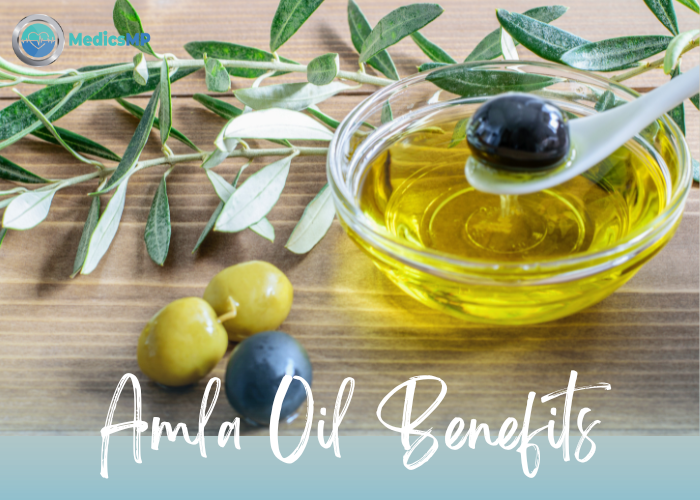Paneer Dodi | Benefits & Uses
- 13 May 2025
- Health Care
In the world of natural remedies, Paneer Dodi stands out as a time-tested herb known for its healing properties and holistic health benefits. Used in traditional Ayurvedic medicine for centuries, the paneer dodi plant is gaining modern popularity due to its potent medicinal value. But what is Paneer Dodi exactly, and why is it becoming a must-have in your health regimen? Let’s explore everything from its benefits and uses to its side effects and English name.
What is Paneer Dodi in English?
Paneer Dodi in English is known as Indian Rennet or Withania Coagulans. It belongs to the Solanaceae family and is often found in the dry regions of India. The dried flowers of the plant are typically soaked overnight in water and consumed the next morning on an empty stomach.
Paneer Dodi Benefits
Paneer Dodi offers a wide range of health benefits that support everything from metabolic health to skin care. Let’s break down the most prominent ones
1. Paneer Dodi Benefits for Diabetes
Paneer Dodi is perhaps best known for its anti-diabetic properties. It helps:
Regulate blood sugar levels naturally.
Improve insulin sensitivity.
Reduce the symptoms of diabetes like fatigue, frequent urination, and sugar cravings.
How to Use: Soak 10-15 dried flowers in water overnight. Strain and drink the water early in the morning.
2. Paneer Dodi Benefits for Skin
This herb can be a benefit for your skin, too. Paneer Dodi:
Acts as a natural detoxifier, flushing toxins from the body.
Helps in reducing acne, pimples, and other skin blemishes.
It may slow down signs of aging due to its antioxidant properties.
Tip: Drinking Paneer Dodi water regularly may lead to a clearer, more radiant complexion.
3. Paneer Dodi Benefits for Weight Loss
Trying to lose weight? Paneer Dodi can help:
Enhance metabolism.
Reduce water retention.
Control sugar cravings, which leads to better diet control.
Its natural diuretic and digestive properties support fat metabolism and aid in managing body weight effectively.
Paneer Dodi Uses
Paneer Dodi is incredibly versatile. Here are a few ways you can incorporate it into your daily routine:
Soaked Water: The most common method soak flowers overnight and drink the water in the morning.
Powder Form: Available in capsule or powder form, often taken with warm water.
Topical Use: A paste of the herb can be applied to the skin to treat boils and acne.
Paneer Dodi Side Effects
While Paneer Dodi is generally safe when consumed in moderation, excessive use may lead to:
Lowered blood sugar levels beyond the safe range.
Gastrointestinal discomfort in some people.
Possible allergic reactions (though rare).
Final Thoughts
Paneer Dodi is more than just a traditional herb, it’s a natural powerhouse packed with healing properties. From balancing blood sugar levels to enhancing skin health and supporting weight loss, the benefits of Paneer Dodi are wide-ranging and scientifically backed. Paneer Dodi offers a safe and effective solution. Discover the age-old secret of Paneer Dodi in English, your body will thank you for it!
Caution: Always consult a healthcare provider, especially if you are on diabetes medication, pregnant, or breastfeeding.
Frequently Asked Questions (FAQs)
1. What is Paneer Dodi?
Paneer Dodi (also known as Withania Coagulans or Indian Rennet) is a medicinal herb widely used in traditional Ayurvedic medicine. It is known for its remarkable health benefits, especially in managing diabetes, improving skin health, and supporting weight loss. The dried flowers of the plant are typically soaked in water and consumed for therapeutic purposes.
2. How to Use Paneer Dodi?
To use Paneer Dodi effectively:
Take about 10–15 dried flowers.
Soak them in a glass of water overnight.
In the morning, strain the water and drink it on an empty stomach.
This method helps regulate blood sugar, detoxify the body, and improve digestion. It’s often taken daily as part of a wellness routine.
3. Paneer Dodi Price in Pakistan?
The price of Paneer Dodi in Pakistan varies depending on quality, quantity, and retailer:
Economical brands: Rs. 188 – Rs. 300 for 250g
Mid-range/premium options: Rs. 999 – Rs. 3,000
Imported brands: Up to Rs. 8,000+




